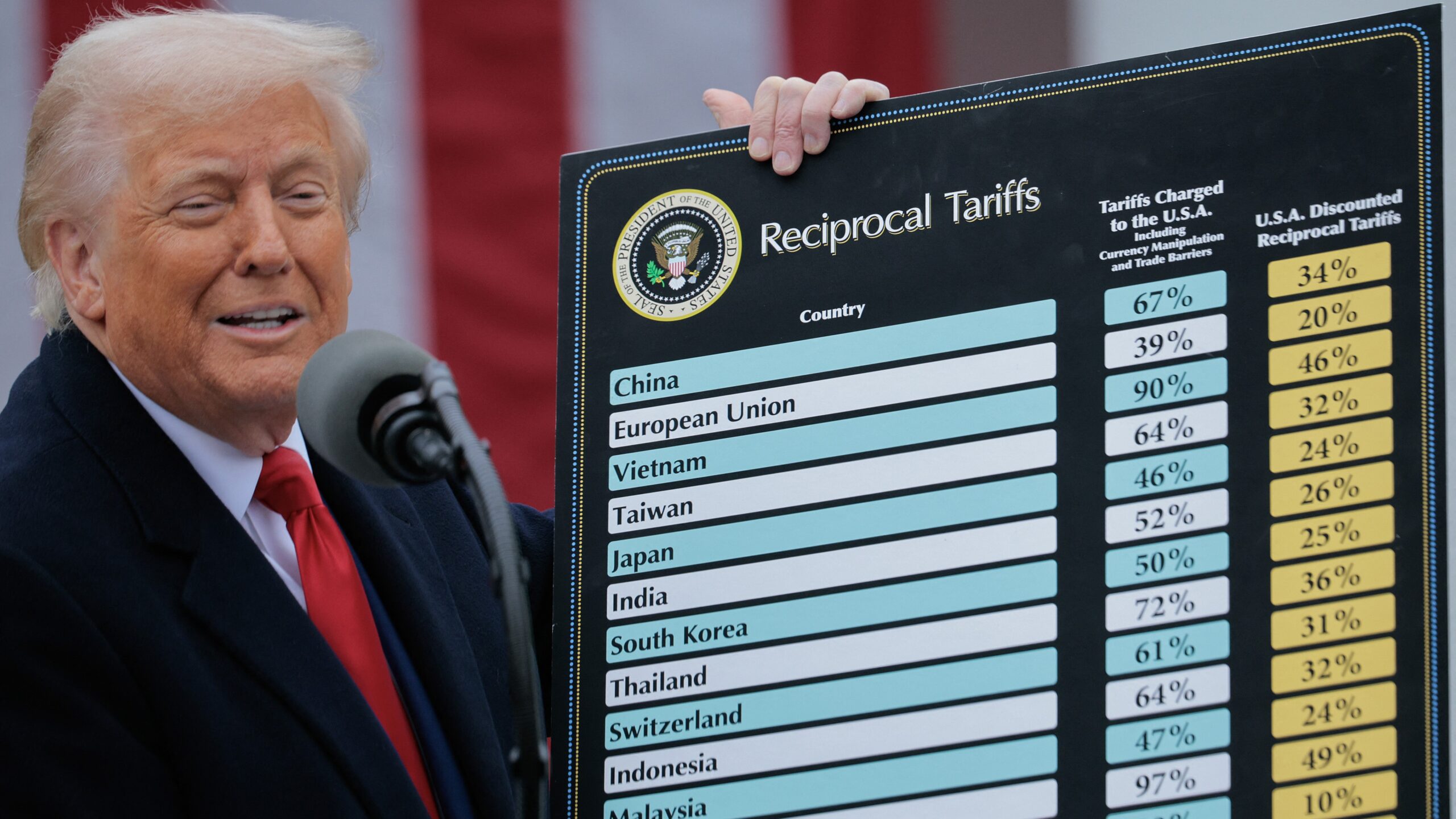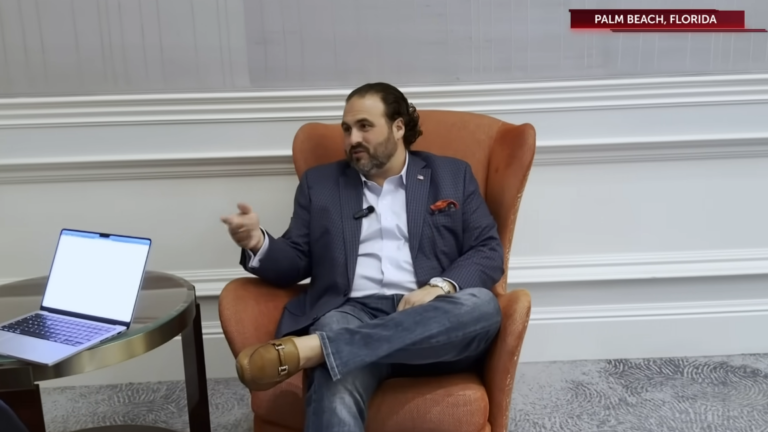A federal court in Manhattan has ruled that President Donald Trump overstepped his constitutional authority when he imposed tariffs that significantly raised the cost of imported goods. The court stated that regulating international trade falls strictly under the jurisdiction of Congress and not the president, even under emergency economic powers.
The Trump administration had cited the International Emergency Economic Powers Act (IEEPA) to justify tariffs on goods from countries like China, Mexico, and Canada. Trump claimed these measures were necessary to counter threats such as the opioid crisis and protect US national interests. However, the three-judge panel unanimously found that the law does not grant the president such sweeping powers to impose trade restrictions, even during a declared emergency.
As a result of the decision, tariffs on a broad range of products could be lifted, including some as high as 30 per cent. However, duties on items such as steel, aluminium, and certain auto parts remain unaffected, as they were imposed under different legislation. The court gave the government ten days to begin administrative rollback procedures, but the Trump team filed an immediate appeal, meaning the outcome remains uncertain.
The lawsuit was initiated by the Liberty Justice Center on behalf of five American small businesses, including a New York-based wine importer and a Virginia company producing educational supplies. These companies argued that the tariffs hurt their operations by raising costs and disrupting supply chains. Other small businesses have also taken legal action over similar concerns.
Reactions from Trump allies were fierce. A White House spokesperson claimed that courts should not interfere in national security matters, while former Trump adviser Stephen Miller described the ruling as a ‘judicial coup’. Still, the judgment marks a turning point in legal efforts to challenge Trump’s aggressive trade strategy, which until now had largely been upheld by the courts when framed as a national emergency.
Experts see this as a significant shift. Historically, presidents invoking emergency powers for trade decisions have prevailed in court. This ruling, however, reasserts the limits of executive authority and strengthens the role of Congress in shaping trade policy. The case may still reach the Supreme Court, but for now, the decision signals a legal obstacle for any future administration seeking to use emergency powers as a shortcut around legislative approval on trade matters.
Related articles:







